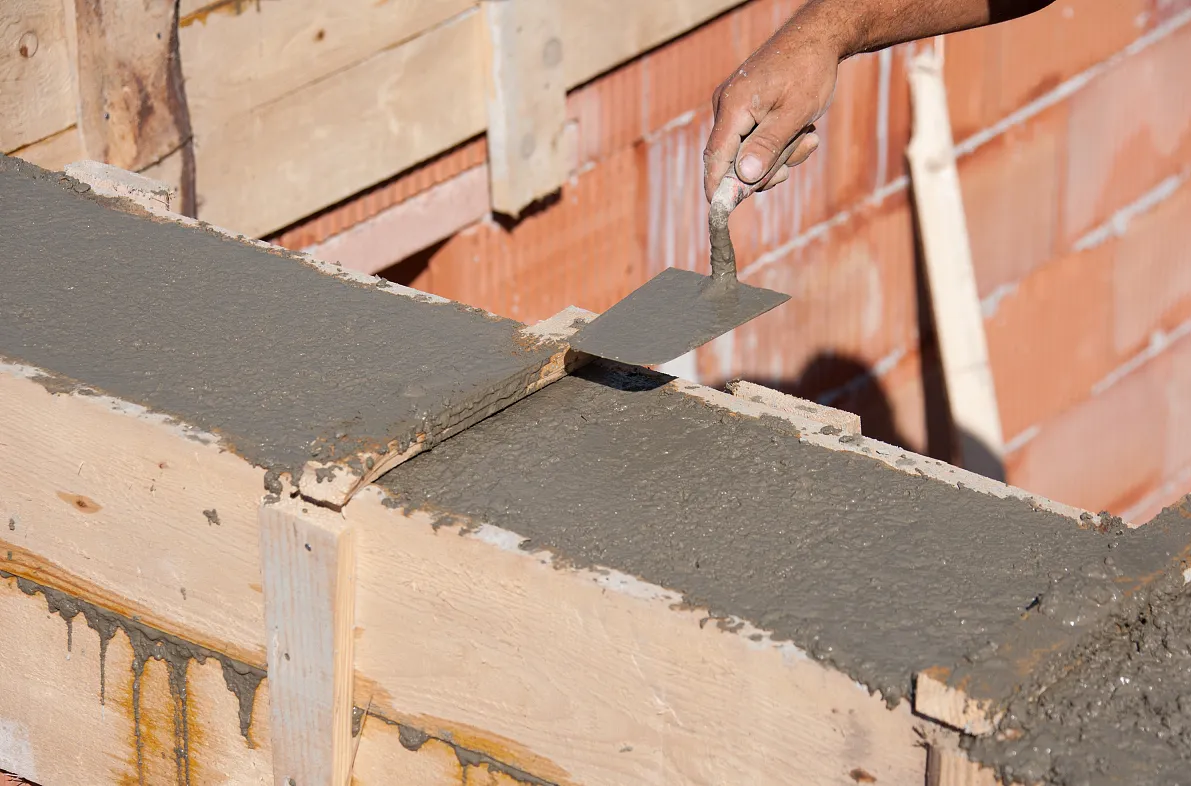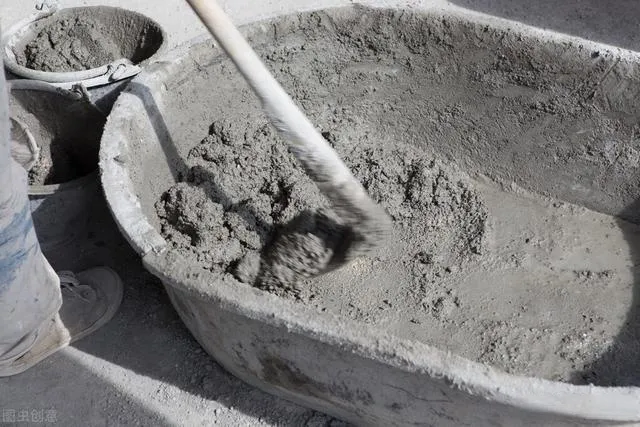
Enhancing Construction Efficiency with PVA and PP Fiber Solutions
In the realm of modern construction, materials science continues to evolve, offering innovative solutions that improve durability, flexibility, and cost-efficiency.

The Role of PVA and PP Fiber in Modern Construction
Among the most valuable materials in the building industry today are polyvinyl alcohol (PVA) et polypropylene fiber (PP fiber). These materials are frequently used to enhance cement-based composites and coatings, increasing their strength and waterproof capabilities.
PP fiber is widely applied in concrete and mortar mixes to reduce shrinkage and cracking. Its cost-effectiveness and resistance to chemical corrosion make it ideal for both internal and external applications. When used alongside PVA in sand and cement, PP fibers provide improved mechanical properties, minimizing structural deformation over time.
One of the most critical applications of PVA is in exterior waterproof PVA formulations. These coatings protect surfaces against rain and moisture, extending the life of facades and outdoor structures. Moreover, PVA before render serves as a bonding agent, helping plaster adhere better to brick or concrete substrates. This not only improves the quality of finishes but also boosts energy efficiency by sealing surfaces more effectively.

Understanding PVA: Chemical and Functional Insights
PVA, or polyvinyl alcohol, is a synthetic polymer known for its excellent film-forming and adhesive properties. Its water solubility makes it unique among other polymers, with poly vinyl alcohol solubility being a key trait that allows it to be easily mixed into aqueous formulations for paints, adhesives, and concrete additives.
One standout characteristic is its adaptability: PVA cold water soluble grades dissolve quickly without requiring heat, making them ideal for on-site applications. This is particularly useful in construction environments where heating may be impractical.
Chemical engineers often refer to the polyvinyl alcohol chemical formula as (C2H4O)n, highlighting its repeating vinyl alcohol structure. This formula underlies the strong bonding and water resistance properties that are so beneficial in coatings, adhesives, and fiber reinforcement applications.
Various grades of PVA are tailored for specific functions. For example, BP26 PVA is commonly used in construction and industrial adhesives due to its excellent dispersion and adhesion. Meanwhile, PVA 088 50 et PVA 2699 are often used in textile sizing, emulsifying agents, and protective films thanks to their refined molecular characteristics.
For large-scale industrial projects, PVA bulk purchasing becomes essential to reduce costs and ensure consistency across multiple batches. Several polyvinyl alcohol producers offer bulk solutions worldwide, providing technical support and certifications like the PVA primer MSDS (Material Safety Data Sheet) for safe handling.
FAQs: Common Questions About PVA and PP Fiber Products
Q1: What is the benefit of using PVA before render?
A: Applying PVA before render enhances adhesion between the substrate and plaster. It seals porous surfaces, reduces suction, and ensures a stronger, more durable bond.
Q2: How does PVA improve waterproofing in external environments?
A: Exterior waterproof PVA acts as a protective barrier against moisture and weathering. It forms a flexible, water-resistant film that prevents water infiltration on walls and roofs.
Q3: Is there a difference between hot water and cold water soluble PVA?
A: Yes. PVA cold water soluble dissolves at room temperature, making it ideal for construction sites without heating equipment. Hot water variants may require energy input but offer quicker dissolution in controlled environments.
Q4: What is the chemical formula of PVA and why is it important?
A: The polyvinyl alcohol chemical formula est (C2H4O)n. This formula is crucial for understanding its bonding capacity, water solubility, and compatibility with other construction materials.
Q5: Can PP fiber be mixed directly into concrete or mortar?
A: Absolutely. PP fiber is added during mixing and helps control cracking, increase tensile strength, and improve impact resistance. It's a cost-effective way to improve the durability of construction materials.
This comprehensive overview demonstrates how PVA and PP fiber are transforming the construction industry. With variants like PVA 088 50, BP26 PVA, and PVA 2699, engineers and contractors can select precise materials for their needs. Understanding technical documents like PVA primer MSDS and bulk sourcing from reliable polyvinyl alcohol producers ensures both safety and efficiency on the job site.
-
Hydroxypropyl Starch as a Sustainable Construction AdditiveNewsNov.24,2025
-
The Gelation Properties of CMCNewsNov.21,2025
-
Redispersible Latex Powder and Water Retention CapacityNewsNov.21,2025
-
Dosage Control for Polycarboxylate Water ReducerNewsNov.21,2025
-
Film-Forming Properties of Polyvinyl AlcoholNewsNov.21,2025
-
The Function of Gypsum Additives in MortarNewsNov.21,2025





















